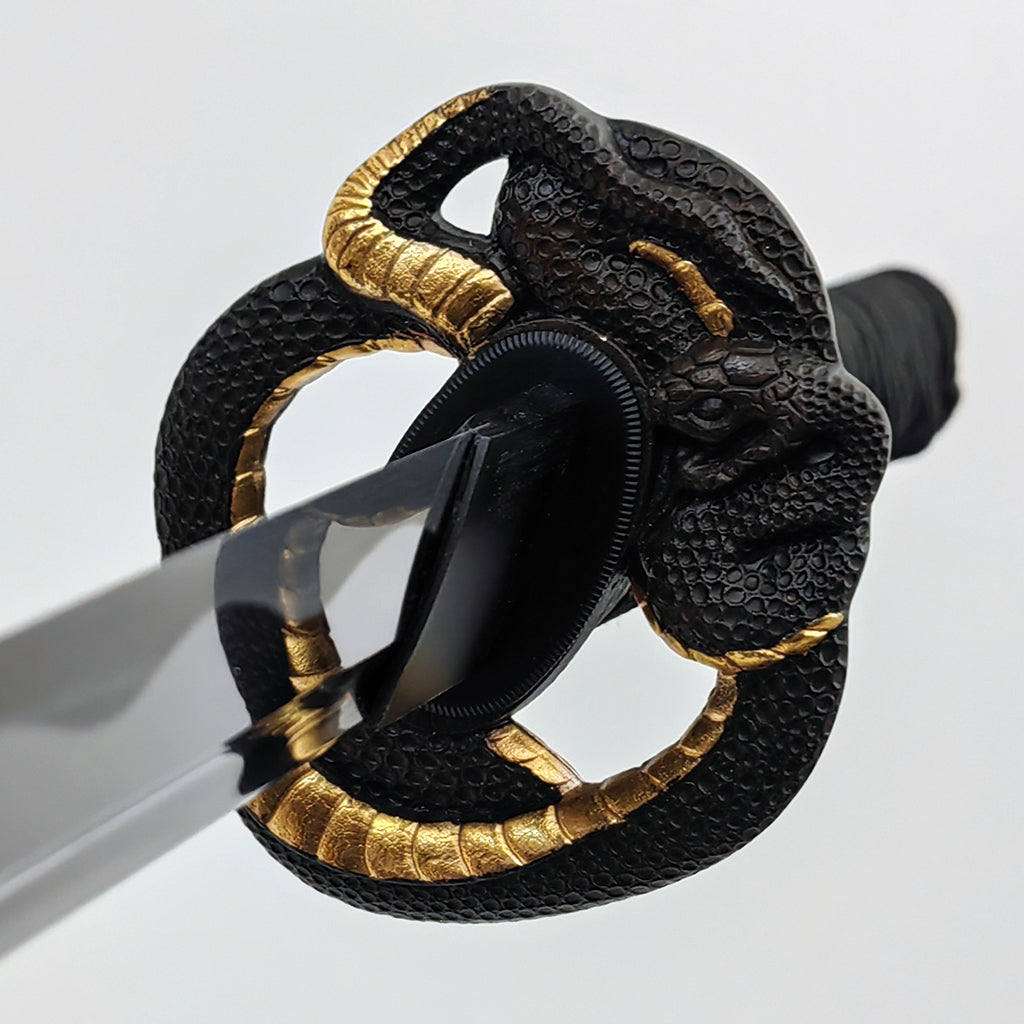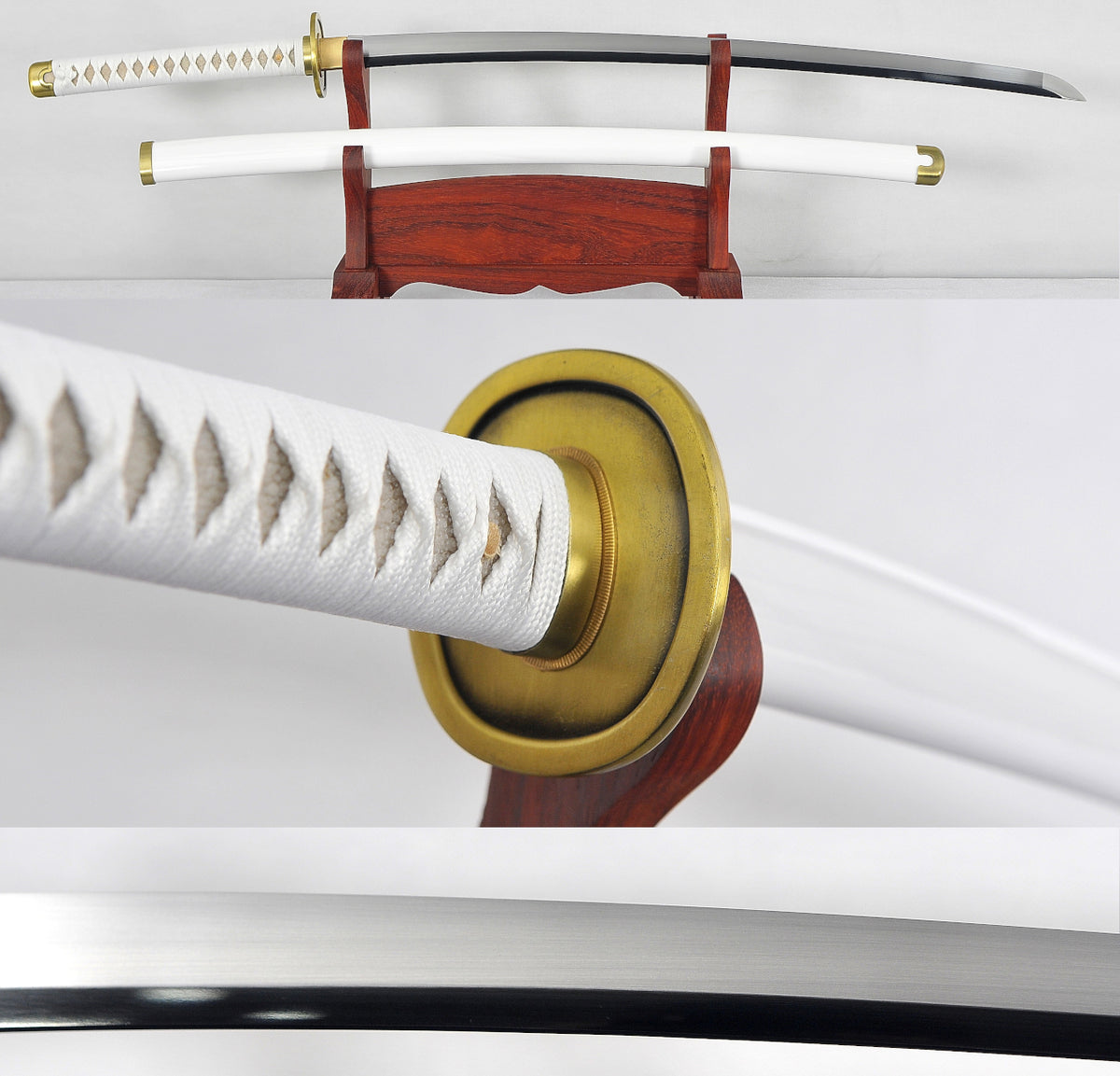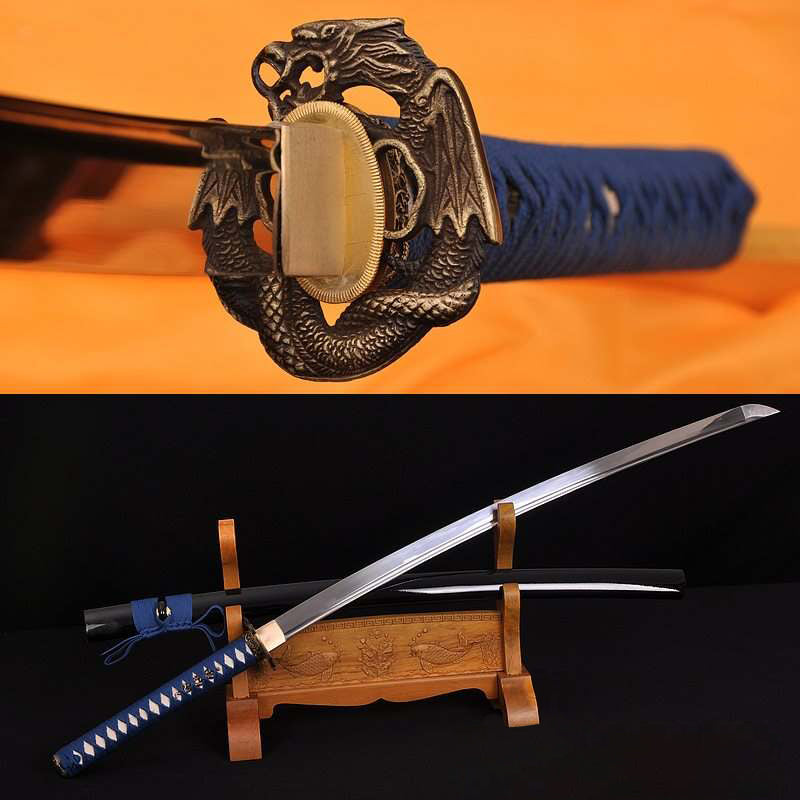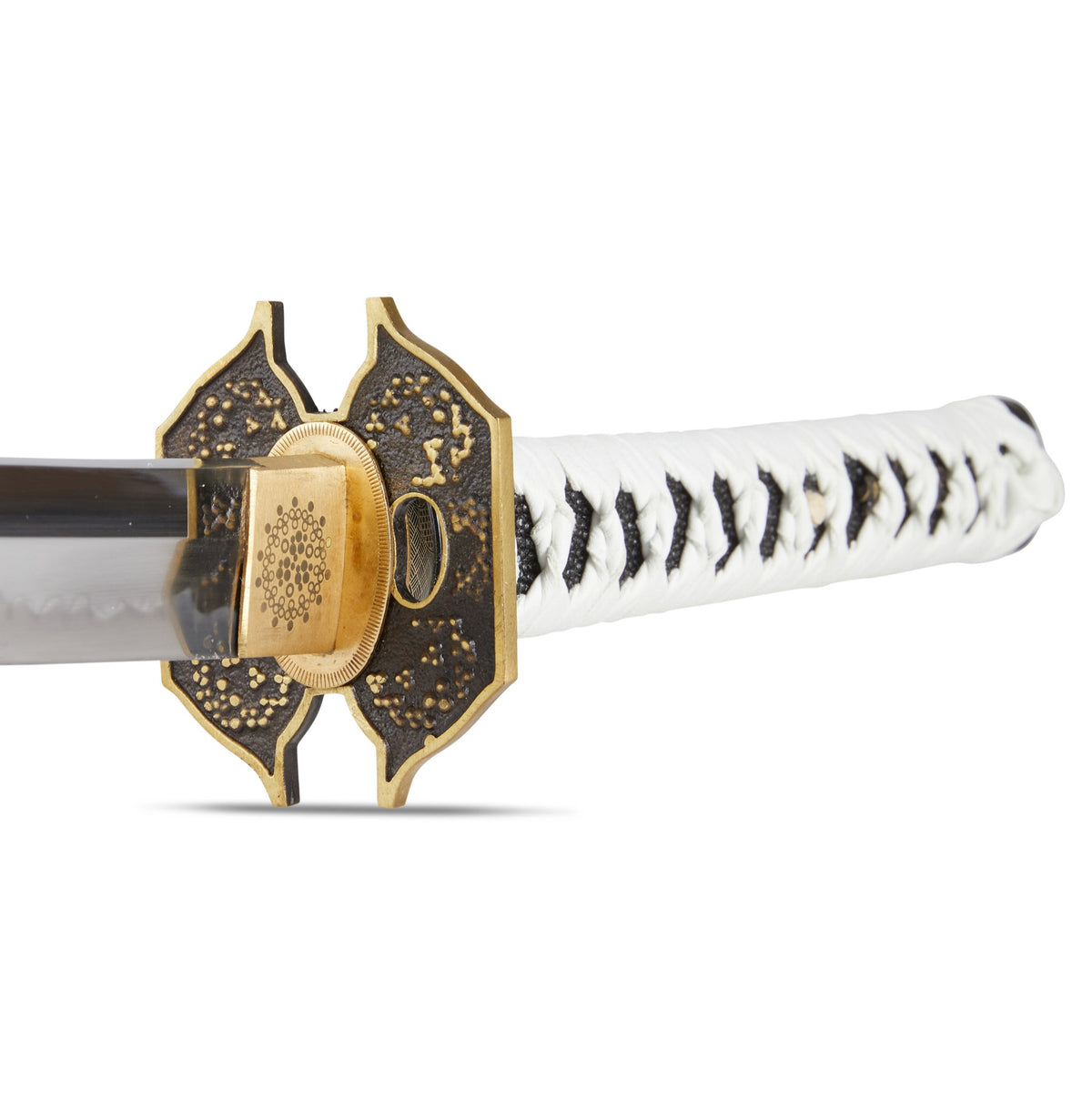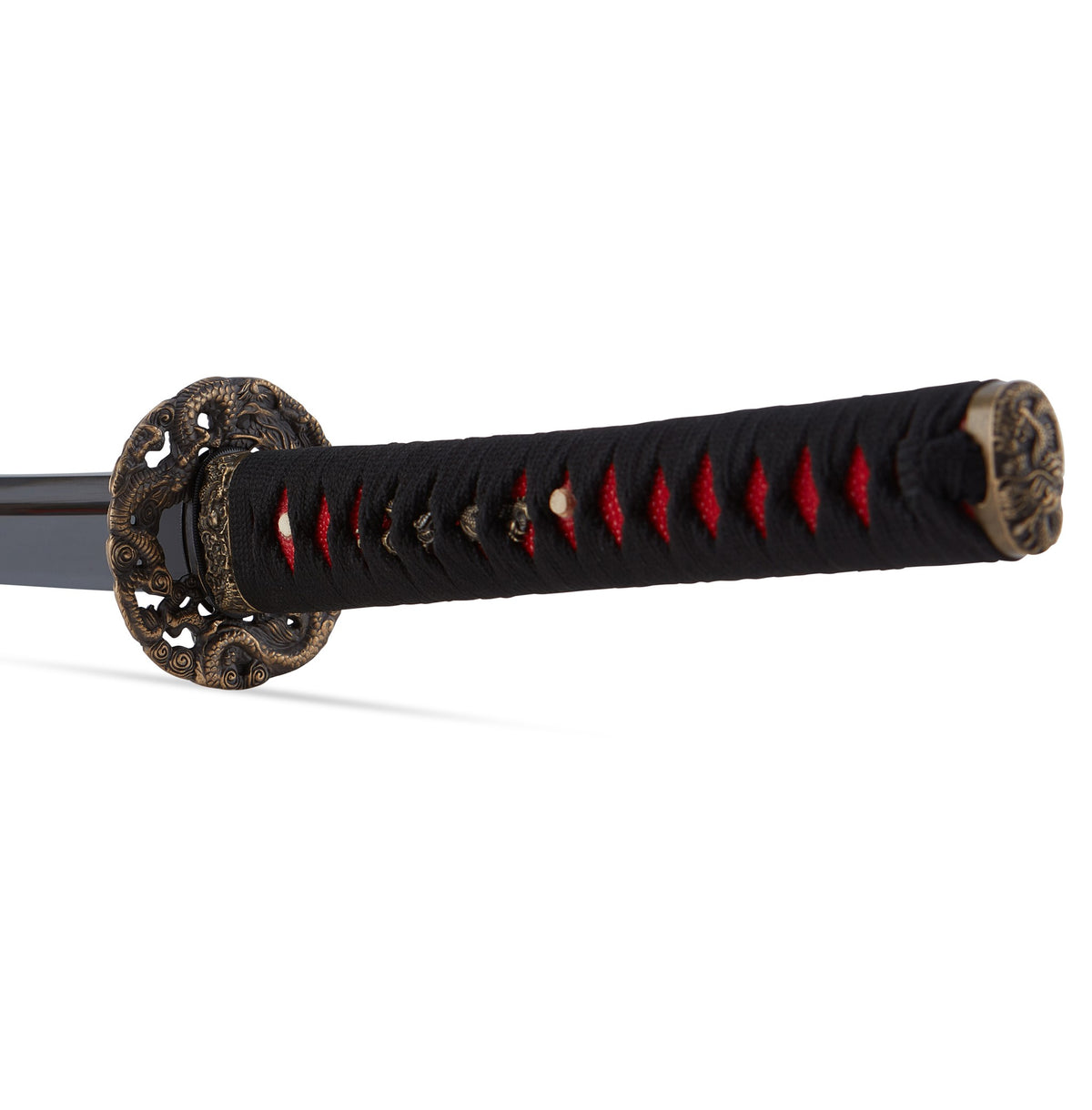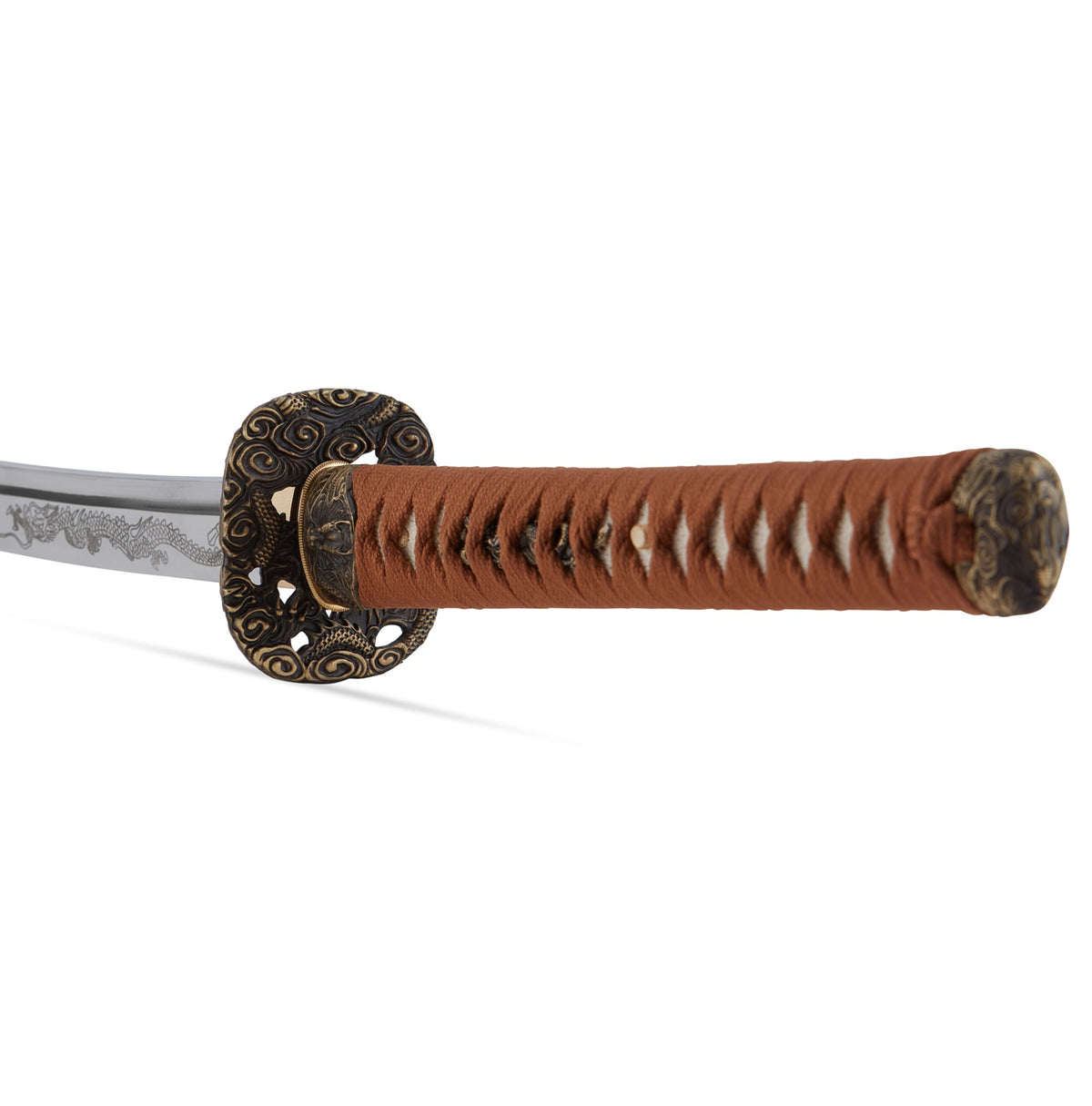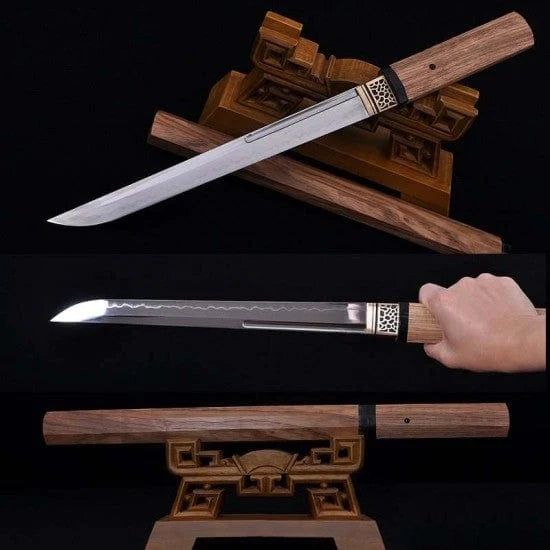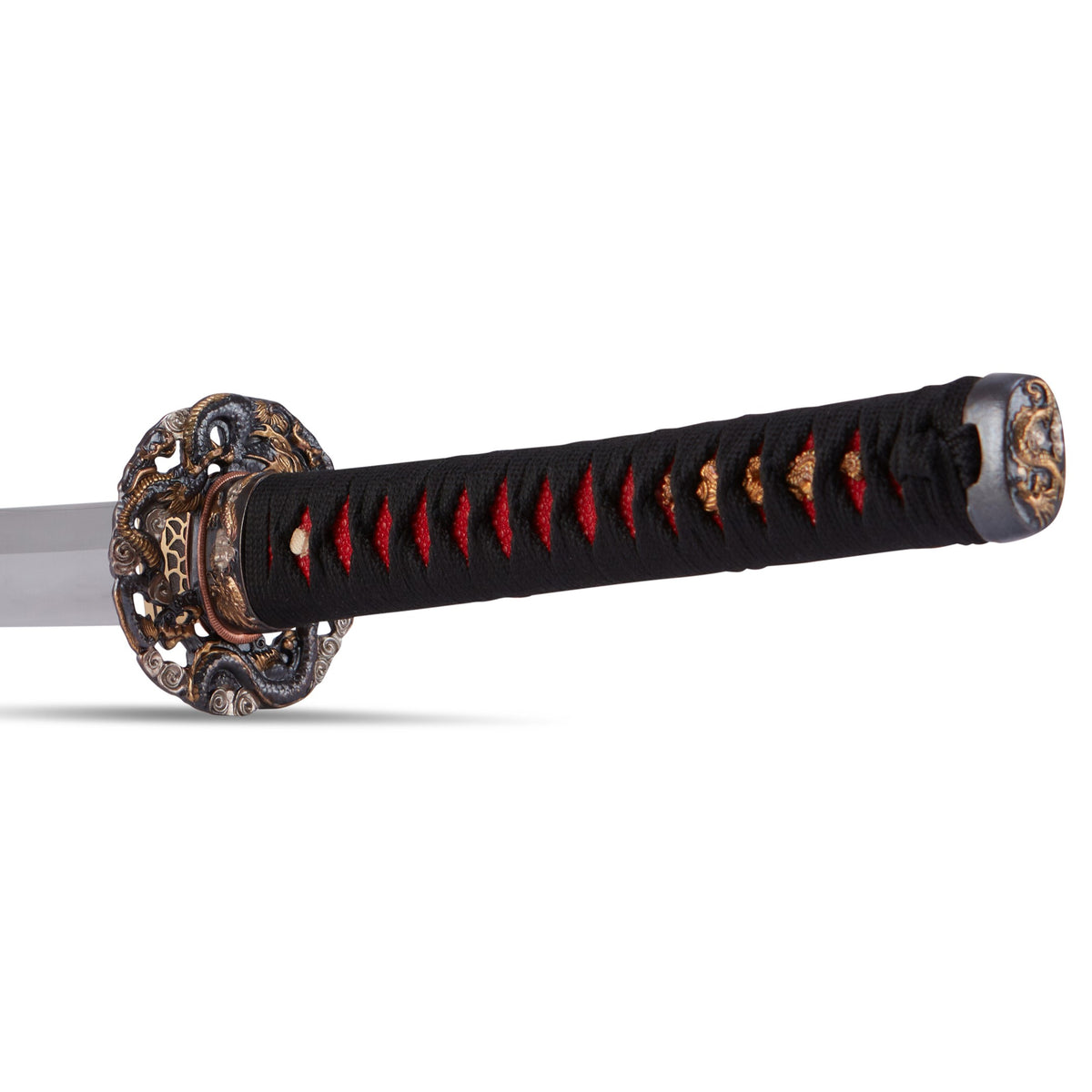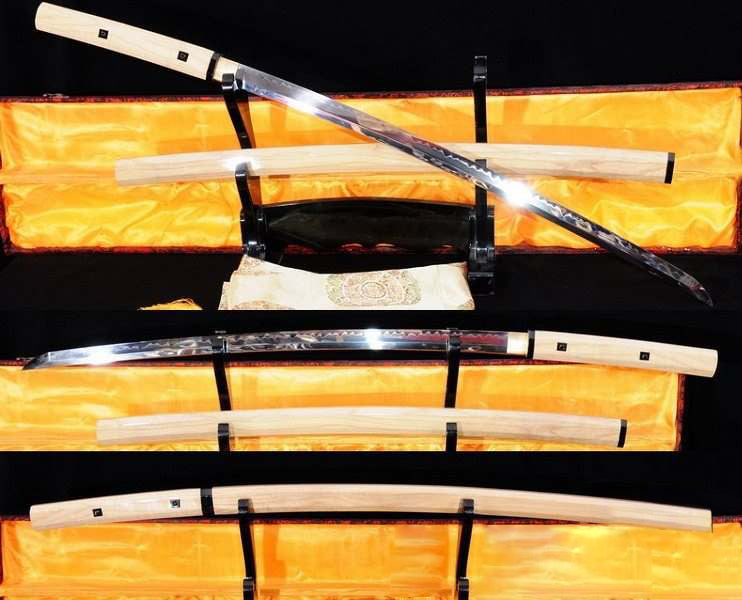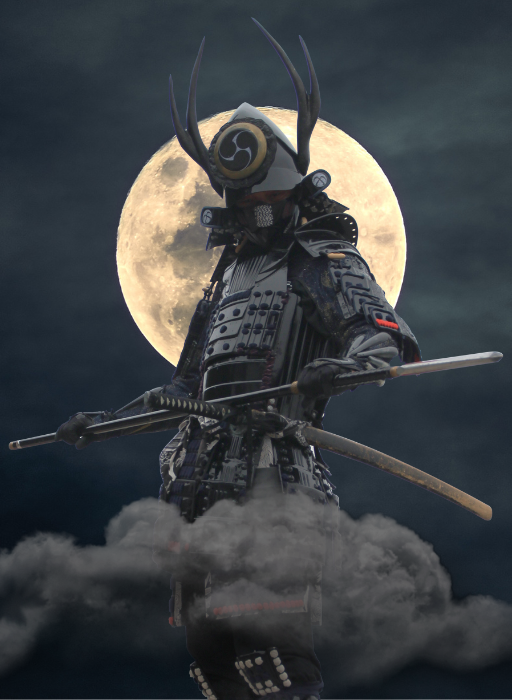The Difference Between a Ninja Katana & Samurai Sword
What are the differences between a ninja vs. a samurai sword? It’s a question of classification. The two types of swords were possessed by two different groups of people in ancient Japanese society. Traditionally, samurai swords were used by samurai soldiers who were seen as higher-ranking members of society. Samurai soldiers were associated with nobility, and their main task was to guard the royal members of ancient Japanese households. Ninja, on the other hand, were a different type of Japanese warrior associated with secrets, spying, and manipulation.
Learn more about katanas vs. samurai swords from the experts at Swords of Northshire today!
Samurai Swords:
There are two major types of samurai swords, including long-bladed and short-bladed swords. The short-bladed was referred to as a wakizashi, while the longer blade was a katana. Great importance was attached to the swords, as they were a traditional part of the samurai uniform. Soldiers were prohibited from leaving their swords behind. Samurai should always be seen carrying their swords – precious armaments that were taboo for anyone else to touch. A samurai soldier would never let his sword go – even in death.
Katanas weren’t exactly different pieces. Essentially, a katana was a type of samurai sword, as were the wakizashi and tachi. The three were often carried as a set.
Elegant Designs
Tremendous time and care went into crafting hand-forged samurai swords. Since the soldiers who carried the swords were seen as individuals of the upper echelon in society, each sword was carefully designed and impeccably crafted. The sharpness of samurai swords was often legendary.
Intrinsic Value
The intrinsic value of ninja swords vs. samurai swords also differed greatly. Since the responsibility of carrying a sword came with great honor, significant symbolic value was attached to samurai and their swords. The cost of a samurai sword was high due to the perfection in the design and the responsibility of forging a premium piece.
Highly Treasured
Honor was an important part of Japanese society. If your position and actions were honorable, so were you and, by association, everything you touched. The great honor of carrying a samurai sword was not replicated in a Japanese ninja sword, as ninjas weren’t technically part of the Japanese hierarchy.
Katanas vs. Samurai Swords and the Sacred Forging Process
The forging process of the samurai swords was considered sacred. Whether it was an authentic katana or a wakizashi, tradition prohibited soldiers from asking about defects in the blades. Any questions concerning the pieces had to come from family members, never the samurai themselves. This was not the case for ninja swords (vs. samurai blades), as ninja swords were simple tools without symbolic value.

Ninja Swords:
Simple Tools
For the ninja, swords were used as simple tools. In fact, many ninja and other warrior classes chose to conceal the fact that they carried such weapons in order to be more effective in their work.
Designed For Utility
The main aim in designing ninja swords was utility. Craftsmen and swordsmiths were more concerned with the comfort and ease of use of the swords than with ceremonial or fashionable design. Ninja vs. samurai swords were always made as tools for killing first and things of beauty second.
Swords Could Be Abandoned
Ninja were versatile, flexible fighters. Unlike samurai – who relied heavily on their swords – they could resort to using many other tools in battle. Ninja often left their weapons behind when they became inconvenient or as misdirection.
Final Thoughts:
When it comes to the difference between a katana and a samurai sword, there are many traditional and ceremonial concerns—but the person using the sword dictated its value, purpose, and design.
Are you interested in exploring ninjato blades or samurai weapons for your collection? Explore the Swords of Northshire blog to learn more about katanas vs. samurai swords, the history of the samurai, and the most famous samurai clans.
